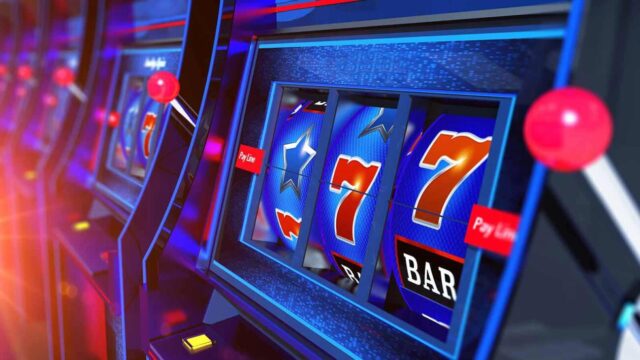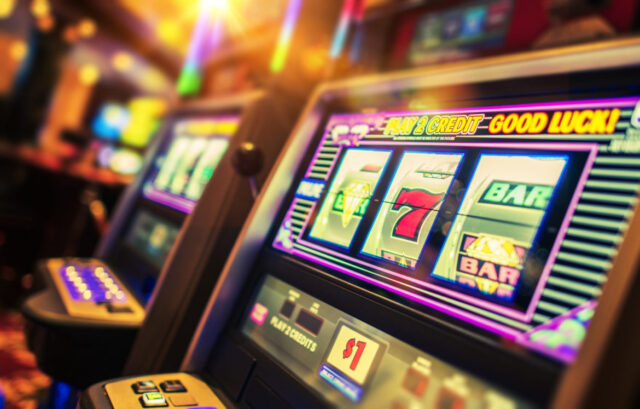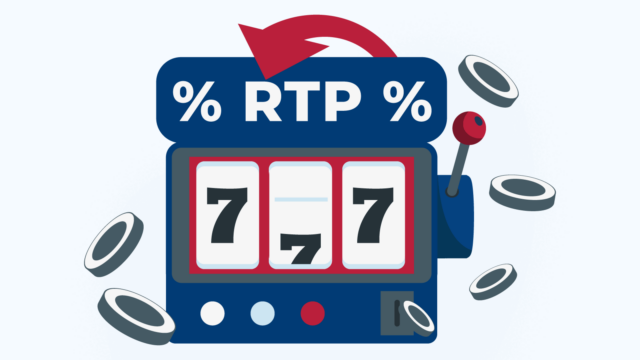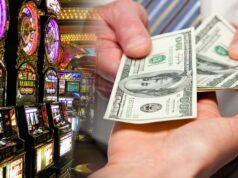
Slot machines operate on a random number generator system, ensuring that each spin is independent of the last. This randomness means that predicting the exact timing of payouts is not possible.
However, understanding the concept of payout percentages, or Return to Player (RTP), offers insight into how often slot machines are likely to award winnings over a long period. RTP is a theoretical percentage indicating the amount of all wagered money a slot machine will pay back to players over time.
For example, a slot machine with an RTP of 95% should return $95 for every $100 wagered, in theory.
The Role of Slot Volatility
Slot volatility, also known as variance, plays a crucial role in shaping the gaming experience on slot machines. It’s a metric that describes the risk associated with playing a specific slot game, significantly impacting the frequency and size of payouts. High volatility slots are characterized by large payouts that happen less frequently, requiring patience and a larger bankroll to endure the periods between wins.
On the other hand, low volatility slots offer smaller payouts more often, appealing to those looking for a steady stream of wins without significant bankroll fluctuations.
This question is central to understanding how slot machines work and making informed choices about which games to play. By choosing games that align with their volatility preferences, players can find slots that match their risk tolerance and playing style, leading to a more enjoyable casino experience.
Frequency of Slot Machine Payouts

The payout frequency, or hit rate, of a slot machine is another crucial factor. This metric reflects how often the machine is likely to hit a winning combination. It’s important to note that a higher hit rate does not guarantee larger wins.
It simply means wins occur more frequently, often with smaller amounts. The hit rate varies widely among slot machines, with some offering wins as often as every few spins, while others might only payout once every hundred spins or more.
Choosing the Right Slot Machine
Selecting a slot machine involves considering both RTP and volatility in relation to your playing style and bankroll. For players seeking regular wins to extend their playtime without the expectation of large jackpots, low volatility slots with a moderate to high RTP are preferable.
Conversely, those chasing significant payouts and willing to endure longer dry spells might find high volatility slots more appealing despite the potentially lower RTP and hit rate.
Maximizing Slot Machine Payouts
To maximize potential payouts, players should adopt strategies beyond just selecting the right machine. Managing your bankroll effectively allows for sustained play, increasing the chances of hitting a significant payout.
Setting a budget, choosing bets that extend your playtime, and knowing when to stop are all crucial strategies. Additionally, taking advantage of casino bonuses and promotions can provide extra value and opportunities to win without increasing your expenditure.
The Reality of Slot Machine Payouts

Expectations should be set realistically when playing slot machines. The nature of gambling means outcomes are entirely unpredictable, and the house always holds an edge. While strategic play can enhance your enjoyment and potentially extend your gaming session, it’s vital to remember that slot machines are designed for entertainment.
Enjoying the gameplay and the possibility of winning, rather than focusing solely on the frequency of payouts, can lead to a more satisfying experience.
Conclusion
In summary, slot machine payouts are influenced by a mix of factors, including RTP, volatility, and hit rate. Understanding these concepts allows players to choose machines that align with their playing style and goals.
While no strategy guarantees wins, smart play and bankroll management can improve the gaming experience. Remember, slot machines are a form of entertainment, with payouts being a potential bonus rather than a guarantee.







